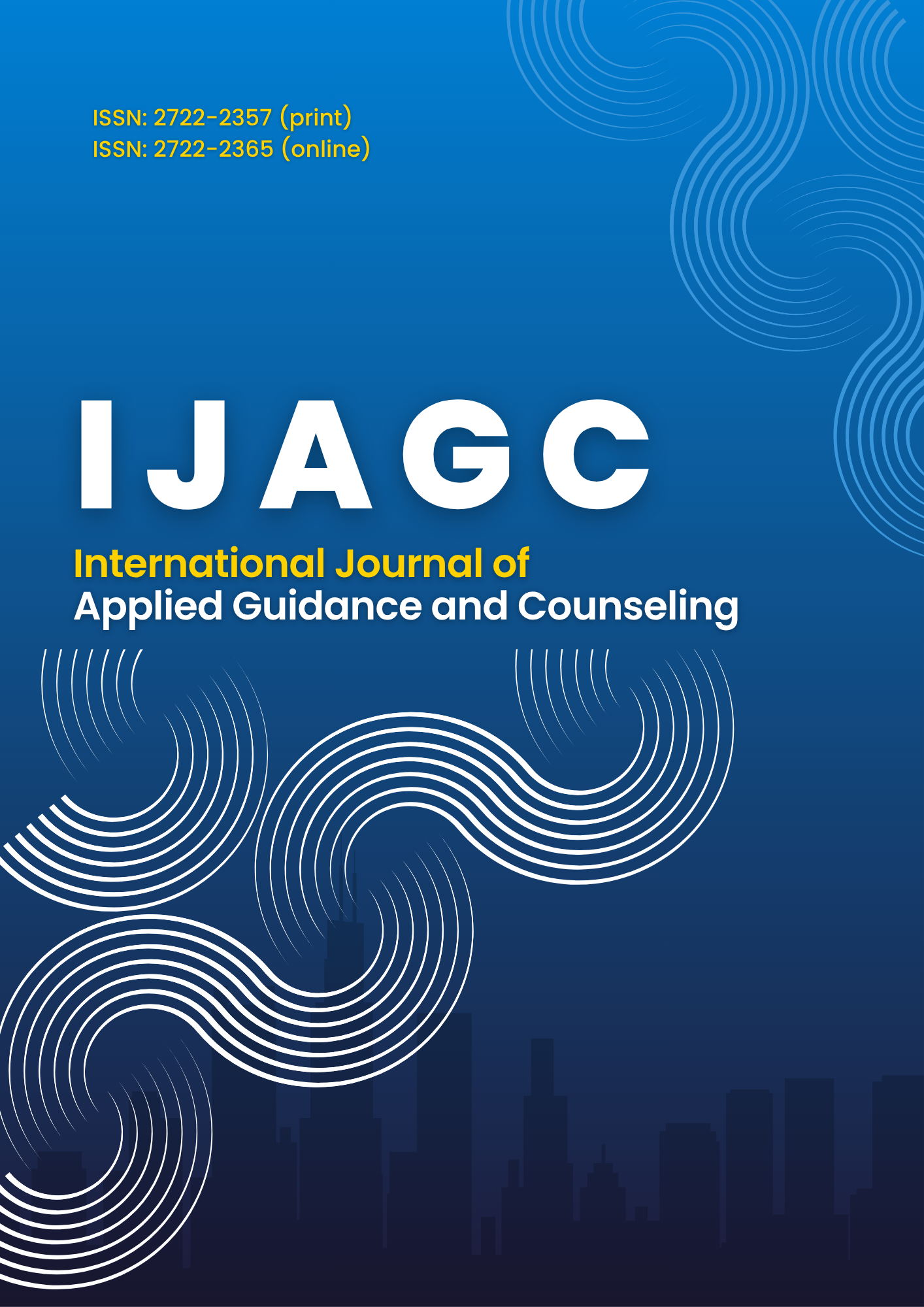Early Adulthood Perspective of a Well-Lived Life: A Basis for Self-Help Plan
DOI:
https://doi.org/10.26486/ijagc.v6i2.4679Abstract
The concept of a well-lived life among individuals in early adulthood mainly focus on how they navigate life transitions and achieve personal success. Utilizing a phenomenological approach, semi-structured interview was used with twelve Filipino young adults aged 25 to 35 years old. Thematic analysis revealed four major themes: Empowered Purpose, highlighting resilience and coping strategies; Building Bonds, emphasizing the importance of relationships and support; Art of Balance, addressing work-life harmony; and Behind the Persona, which explores the challenges and uncertainties faced by young adults. Findings suggest that a well-lived life is intricately tied to personal values, social connections, and the ability to adapt to life's complexities. The study contributes to understanding how young adults perceive fulfillment and success amid contemporary societal pressures, offering insights for practices in education, mental health, and social policy. The LIFE self-help plan is devised to help young adults engage in mindfulness and self-compassion practices in realizing a healthy concept of a well-lived life.
Downloads
Published
Issue
Section
License
Copyright (c) 2025 Camille De Leon, Ma. Rosario Nepomuceno, Manuel Torres

This work is licensed under a Creative Commons Attribution-ShareAlike 4.0 International License.
Authors who publish with IJAGC: International Journal of Applied Guidance and Counseling agree to the following terms:
Authors retain copyright and grant the Insight right of first publication with the work simultaneously licensed under a Creative Commons Attribution License (CC BY-SA 4.0) that allows others to share (copy and redistribute the material in any medium or format) and adapt (remix, transform, and build upon the material) the work for any purpose, even commercially with an acknowledgement of the work's authorship and initial publication in Insight. Authors are able to enter into separate, additional contractual arrangements for the non-exclusive distribution of the journal's published version of the work (e.g., post it to an institutional repository or publish it in a book), with an acknowledgement of its initial publication in Insight.
Authors are permitted and encouraged to post their work online (e.g., in institutional repositories or on their website) prior to and during the submission process, as it can lead to productive exchanges, as well as earlier and greater citation of published work (See The Effect of Open Access).












